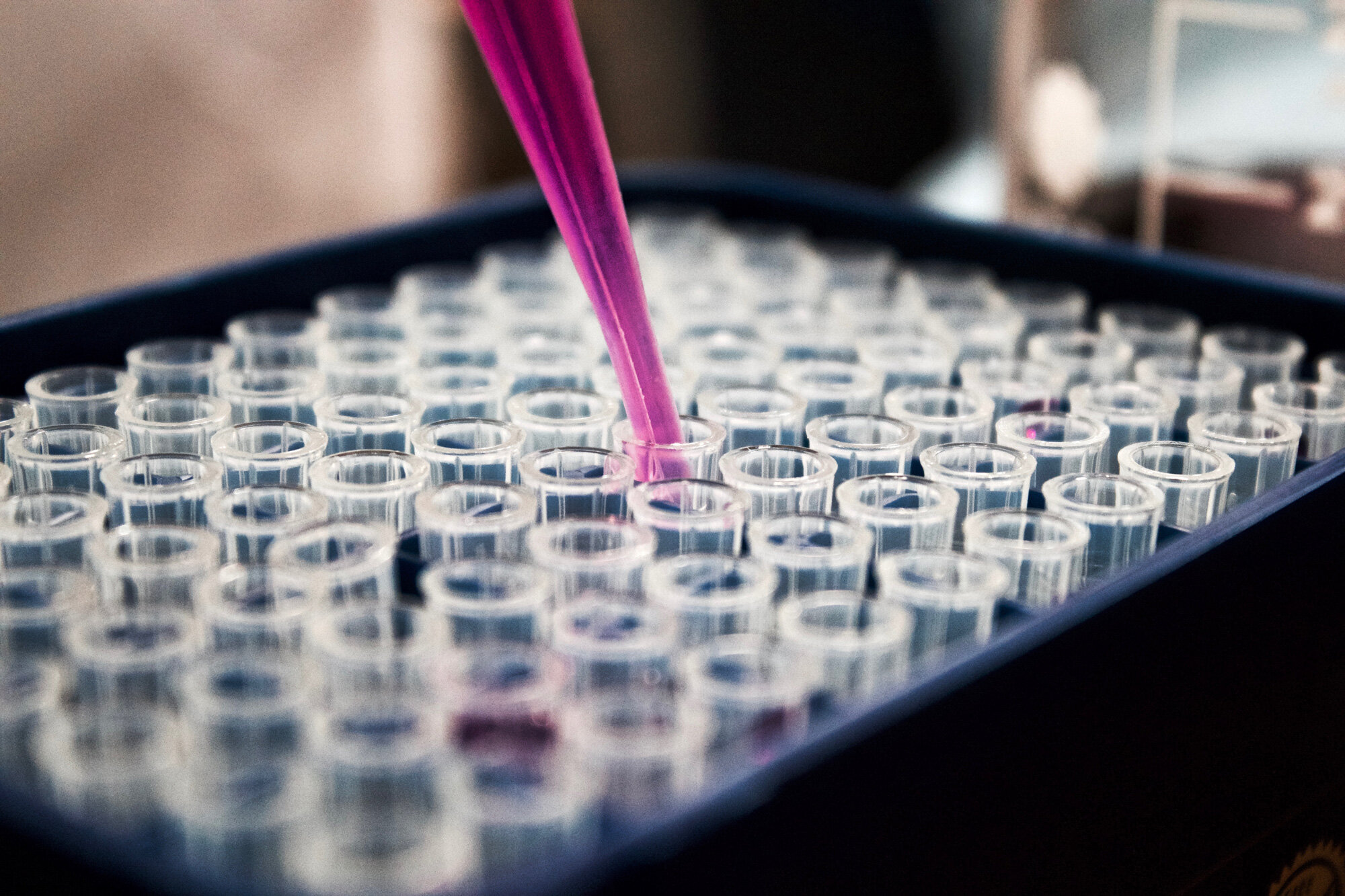Can Viruses Be Linked to Food Allergies and Intolerances?
If I’m being truthful, the decision to write about this topic was semi-selfish. I’ve often wondered about my personal health and whether there’s a connection between viruses and food issues, so I decided to investigate. Let me explain…
When I was 14 years old, like many high school freshmen, I contracted mono (Epstein-Barr virus). One shared Coca-Cola after our homecoming dance was all it took, and a week later, I felt feverish, had swollen lymph nodes, and was exhausted. About a month later, I was feeling better and grateful this health scare was behind me. Six months later, however, the same symptoms resurfaced. After a visit to my primary care physician, it was confirmed I had mono. Again.
In the 23 years since that first episode, I’ve had mono “flares” approximately 45 times. Some are bad, and some more manageable, but they’ve made it hard to maintain the “go go go” lifestyle I prefer. The flares typically resurface when I’m experiencing extreme stress or a lack of rest.
Interestingly, over the course of the past seven years, I’ve also developed food intolerances to dairy, citrus, and gluten. None of which I had as a child. These also happen to be the years I’ve been my most tired and stretched thin (hello, working mom of two here 👋)!
So this got me thinking: could my Epstein-Barr virus (EBV) be the root cause? Can viruses cause food allergies or intolerances to form in humans?
A couple of years ago, a study came out examining the connection between EBV and other health-related conditions. Published in Nature Genetics, the paper found EBV may be correlated with an increased risk of several other autoimmune conditions. A protein produced by the EBV virus binds to multiple locations along the human genome associated with celiac disease, multiple sclerosis, lupus, juvenile arthritis, rheumatoid arthritis, inflammatory bowel disease, and type 1 diabetes.
Today, 90 percent of the world’s population is infected with EBV, which remains with you for your entire life—to date, there is no vaccine or cure for the “kissing disease.”
Additionally, researchers may have found a link between norovirus—the stomach bug—and food allergies. In this study, researchers took mice infected with norovirus and fed them egg protein. The findings suggest an apparent ability to drive an immunoglobulin E (IgE) response to non-viral, ingested antigens.
Finally, a few years ago, a study published in Science found a potential link between reoviruses and celiac disease.
To date, there’s not much published research connecting viruses and food allergies. According to one of our allergist advisors, Dr. John Lee:
“We know certain viruses play a strong role in the development of early childhood asthma, so it makes sense that viruses can play a role in other allergic diseases. However, I haven’t seen any human studies linking the two. Infections and autoimmune diseases, though, have been well described in terms of mimicry due to development of cross-reactive antibodies.”
Do you have personal experience with a virus that is believed to have caused you issues with food? Drop us a comment with your perspective, we’d love to hear it!
— Meg and the Allergy Amulet Team
This piece was reviewed by the Allergy Amulet Science Team and Allergy Amulet advisors Dr. John Lee and Dr. Jordan Scott.
Dr. John Lee is the Clinical Director of the Food Allergy Program at Boston Children’s Hospital. Dr. Lee is widely recognized for his work in food allergy, and his commitment to patient health.
Dr. Jordan Scott is an allergist/immunologist and operates several private allergy clinics throughout the Boston area. He is on the board of overseers at Boston Children’s Hospital, and the past President of the Massachusetts Allergy and Asthma Society.

